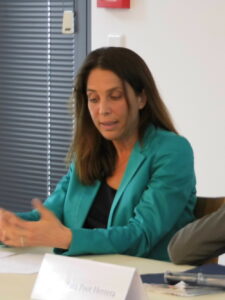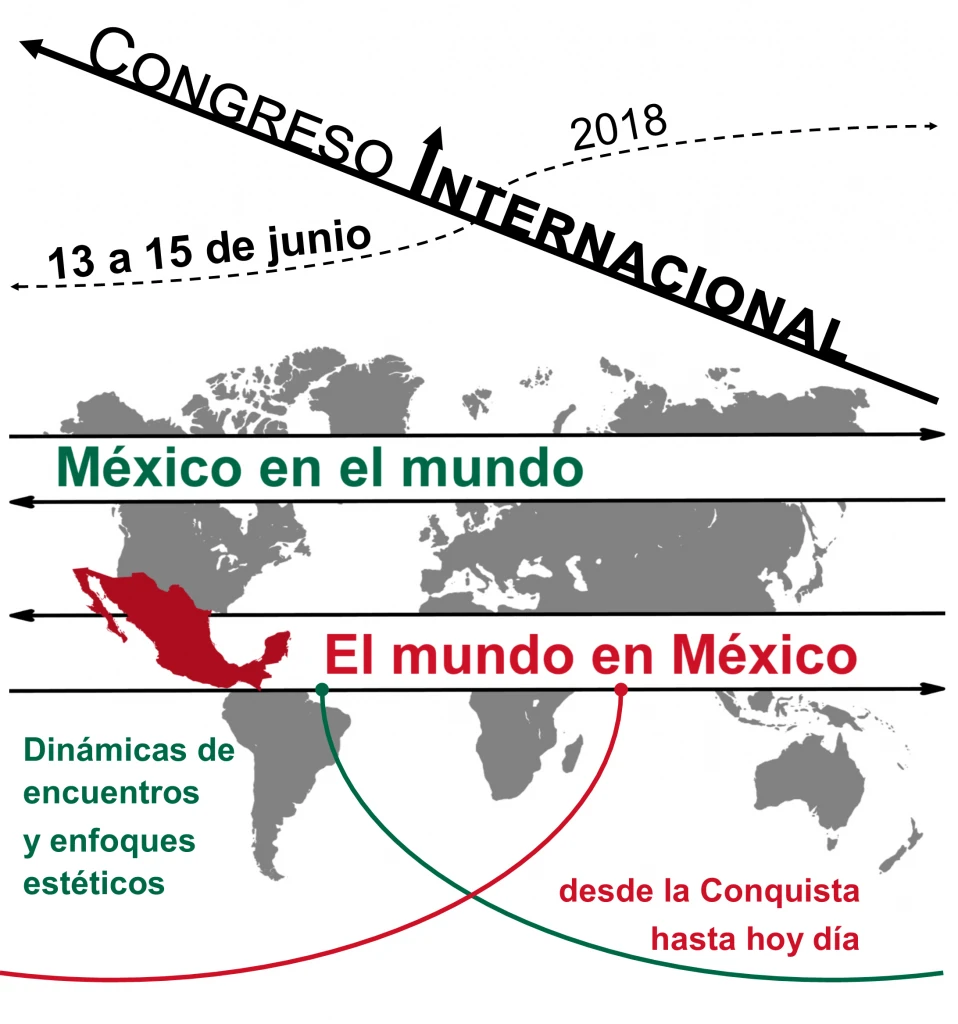Octavio Paz entre la literatura mundial y las literaturas del mundo
(pp. 51-63; DOI: 10.23692/iMex.19.3)
 Cargando...
Cargando...Prof. Dr. Gesine Müller

Gesine Müller es catedrática de Filología románica de la Universidad de Colonia. Desde 2015 dirige el grupo de investigación “Reading Global. Constructions of World Literature and Latinamerica” del European Research Council (ERC). Sus áreas de investigación incluyen literaturas del romanticismo francés y español, literatura contemporánea de América Latina, teoría cultural latinoamericana, literaturas caribeñas, teorías de transferencias culturales. Entre sus publicaciones destacan: Wie wird Weltliteratur gemacht? Globale Zirkulationen lateinamerikanischer Literaturen (De Gruyter 2020); Crossroads of Colonial Cultures. Caribbean Literatures in the Age of Revolution (De Gruyter 2018); Die Boom-Autoren heute: García Márquez, Fuentes, Vargas Llosa, Donoso und ihr Abschied von den „großen identitätsstiftenden Entwürfen“ (Vervuert 2004). Ediciones recientes: con Gustavo Guerrero et al.: Literatura latinoamericana mundial. Dispositivos y disidencias (De Gruyter 2020); con Mariano Siskind: World Literature, Cosmopolitanism, Globality: Beyond, Against, Post, Otherwise (De Gruyter 2019).
The debate around the concept of world literature, held with new intensity in the last twenty years, is part, within the framework of cultural studies, of the controversies that are closely associated with issues related to global networks in a polycentric world. In view of this, this article would first of all like to open the field of tension between the concepts of world literature and literature of the world, with the purpose of developing differentiation criteria that will serve to illustrate the reception and canonization of the work of Octavio Paz, located in the middle of that field of tension.
El debate en torno al concepto de literatura mundial, sostenido con nueva intensidad en los últimos veinte años, forma parte, en el marco de los estudios culturales, de las controversias que están estrechamente asociadas a cuestiones relacionadas a las redes globales en un mundo policéntrico. En vista de ello, este artículo quisiera ante todo abrir el campo de tensión existente entre los conceptos de literatura mundial y literaturas del mundo, con el propósito de desarrollar criterios de diferenciación que servirán para ilustrar la recepción y canonización de la obra de Octavio Paz, situada en medio de ese campo de tensión.
Artículos
Vittoria Borsò – Repensar la globalizacion desde la literatura mexicana
Gesine Müller – Paz entre literatura mundial y literaturas del mundo
Anne Kraume – Altamirano y los trenes
Sara Poot Herrera – Arreola y su estética del zigzag
Hermann Herrlinghaus – La búsqueda de otra dimensión de la realidad
José Ramón Ruisánchez Serra – Apercepción en Amado Nervo
Edith Negrín – Traven: primer encuentro con los indios mexicanos
Roger Friedlein – Estrategias de personalización en literaturas nacionales
Lizette Jacinto – Exilio político germanoparlante
Jacobo Sefamí – De ida y vuelta: Myriam Moscona
Stephanie Schütze – Guadalupe Tonantzin: una santa transcultural
Tanius Karam Cárdenas – Entre muros y túneles: necropolítica en México
Sandra L. López Varela – Etnoarqueología para el combate a la pobreza
Sandra del Pilar – El sueño incobrable de la transparencia absoluta


